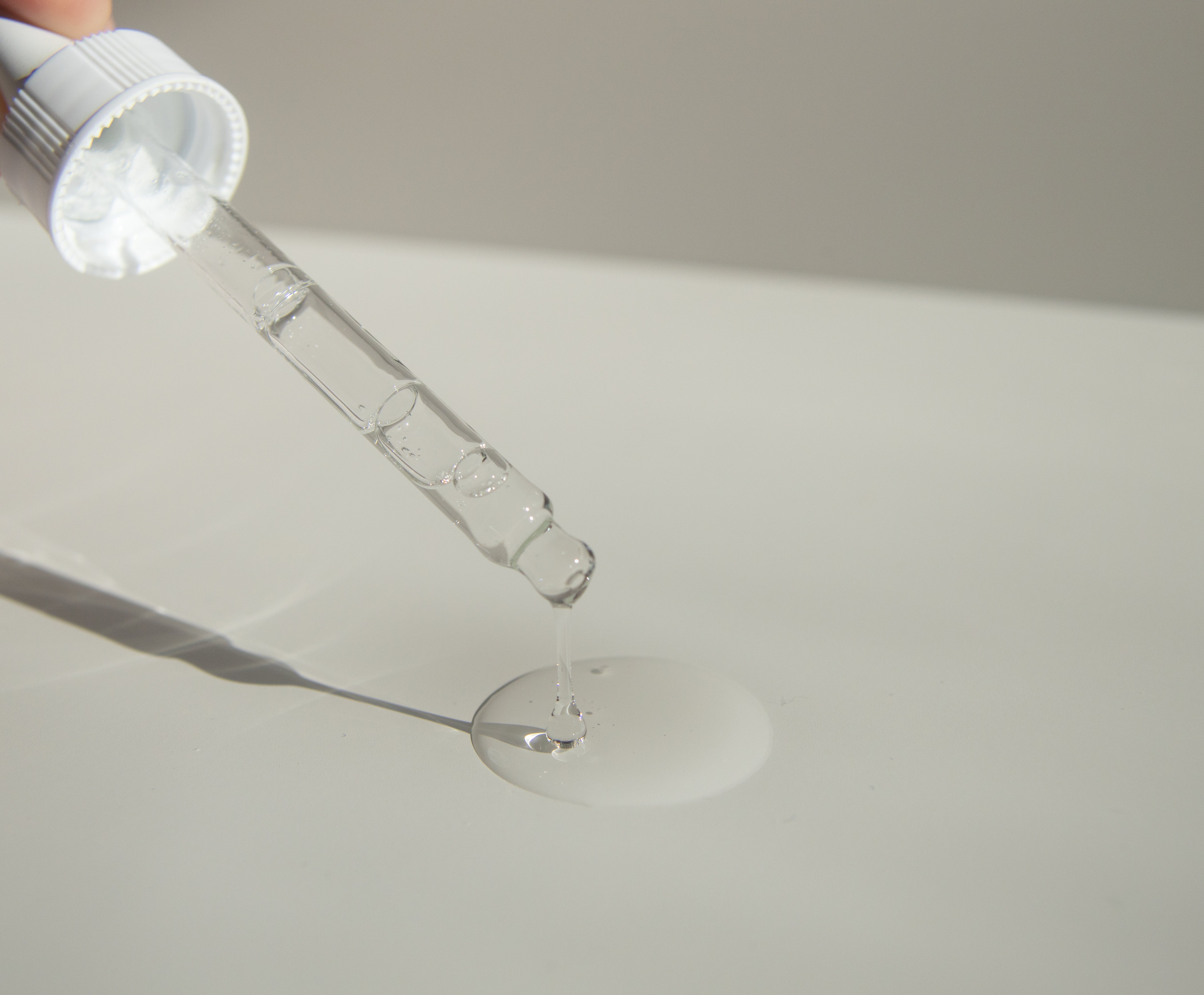
The pharmaceutical industry, vital for global health, faces increasing pressure to adopt sustainable practices amid rising demand. A prominent solution gaining traction is the integration of recycled PET (Polyethylene Terephthalate) into pharmaceutical packaging, offering a vital step towards reducing the environmental impact of the industry.
The Environmental Imperative:
Historically, pharmaceutical packaging has contributed significantly to environmental issues, primarily due to the use of non-biodegradable materials. The incorporation of recycled PET material addresses this concern by repurposing post-consumer waste, such as plastic bottles, thereby mitigating the environmental strain linked to traditional packaging materials.
Reducing Carbon Footprint:
The production of recycled PET demands considerably less energy compared to virgin PET. This reduction in energy consumption not only lessens manufacturing costs but also significantly diminishes greenhouse gas emissions. By choosing recycled PET for pharmaceutical packaging, the industry takes a meaningful step towards lessening its carbon footprint and combatting climate change.
Circular Economy Approach:
Recycled PET aligns with the principles of a circular economy, promoting the reuse and recycling of materials. By incorporating recycled PET into dropper bottles and pharmaceutical packaging, the industry actively contributes to waste reduction efforts. This not only diverts plastic from landfills but also lessens dependence on new raw materials, fostering a more sustainable and eco-friendly production cycle.
Maintaining Product Integrity:
Concerns about the impact of recycled materials on pharmaceutical product safety and efficacy are natural. However, technological advancements and stringent quality control processes have addressed these concerns. Recycled PET can meet the exacting requirements for pharmaceutical packaging, ensuring that the material maintains necessary properties for preserving the effectiveness and safety of enclosed medications.
Consumer Perception and Corporate Responsibility:
In an era of growing environmental consciousness, the use of recycled PET aligns pharmaceutical companies with the values of socially responsible and environmentally aware practices. Embracing sustainability not only resonates positively with consumers but also enhances a company’s reputation as a responsible corporate entity committed to environmental stewardship.
Regulatory Support and Industry Initiatives:
Recognizing the importance of sustainability, governments and regulatory bodies are developing guidelines to encourage eco-friendly packaging materials in the pharmaceutical sector. Industry initiatives, such as collaborations and research partnerships, drive innovation in sustainable packaging solutions, emphasizing the industry’s commitment to environmentally friendly practices.
Conclusion:
The pharmaceutical industry, at a pivotal moment, must prioritize sustainability and environmental responsibility. The integration of recycled PET into dropper bottles and pharmaceutical packaging marks a significant stride towards a more sustainable future. By lessening the carbon footprint, endorsing a circular economy approach, and addressing consumer concerns, the industry not only preserves global health but also contributes to the well-being of the planet. The adoption of recycled PET reflects the industry’s dedication to balancing the health of individuals with the health of the environment in an era where sustainable practices are paramount.


